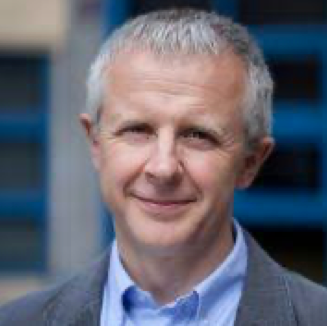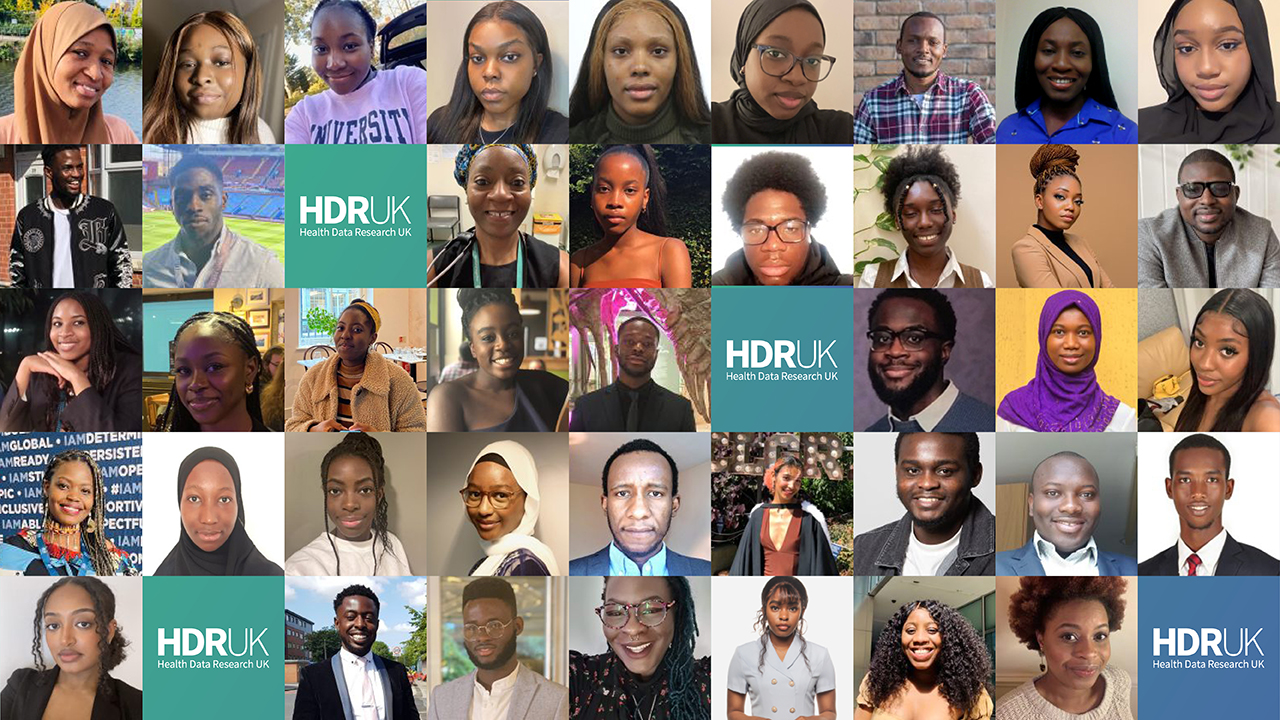Northern Care Partnership drive to build NHS health data science skills
14 November 2022
Capacity building is essential if the UK is to have the level of health data research expertise needed to address its mounting healthcare challenges. Professor Peter Bath, Training Lead for HDR UK’s Better Care Northern Partnership (HDR UK North), has been closely involved in work to enhance the health data research skills of existing and future NHS workers.
Placements can be an excellent way to develop people’s skills, so they can immediately take them back to the workplace. A paramedic, a pharmacist and an emergency care physician were among six NHS employees given Better Care Northern Partnership placements to work on a practical project making use of health data science to improve care.
 Some were on block release, others committed a day a week over six months, and all were interested in developing skills, and carrying out projects, to benefit patients. In one case it was developing a learning system to optimise prescribing medications for older people, in another it was risk prediction and in a third it was to reduce unplanned emergency department attendances by care home residents.
Some were on block release, others committed a day a week over six months, and all were interested in developing skills, and carrying out projects, to benefit patients. In one case it was developing a learning system to optimise prescribing medications for older people, in another it was risk prediction and in a third it was to reduce unplanned emergency department attendances by care home residents.
Each placement project, says the partnership’s Training Lead Professor Peter Bath, was in an area of work being addressed by the partnership (a consortium involving the universities of Liverpool, Sheffield, Manchester, Leeds, Newcastle and Lancaster) such as the enormous unmet clinical and social care needs of frail people, including those in care homes.
Prof. Bath said: “The idea was to enhance skills within the NHS, offering placements to people who had an interest, but not necessarily expertise, in health data research so they could carry those skills back into the health service and their own jobs.”
The partnership, a three-year programme whose funding ends in March 2023, also ran workshops and conferences related to the research it has been carrying out. The most recent workshop explored issues relating to the Learning Care Homes project, such as the use of digital technologies. While certain events have been aimed at the research community others have been for healthcare professionals and stakeholders.
But some of the most far-reaching capacity building and training initiatives have involved students studying for master’s degrees in health data science and related subjects. One provided £500 bursaries for 32 students to spend their summer vacations conducting university-based research projects that were closely aligned to the partnership’s work.
Prof. Bath said: “The idea was to give master’s students a bit more exposure to the research carried out in these sorts of areas and with a view to them perhaps getting jobs in the NHS, perhaps in health data analytics, and being able to use the experience to support their own career development.”
The projects covered everything from spousal concordance and cognitive health to multimorbidity in older people, and from the effectiveness of care in an acute frailty unit to cardiac arrest in rural areas. This kind of experience allowed students to carry out work that could make a difference in the real world and was excellent for their CVs.
The bursaries programme put a strong emphasis on patient and public involvement and engagement (PPIE). Not only did students attend talks about its role and importance to research, they also had sessions with members of the partnership’s PPIE panel.
Prof. Bath said: “These were extremely useful, as they were able to talk about their proposals and get feedback about approaches they might like to take. It meant that PPIE was central from the start.”
A conference was held at the University of Liverpool where nine of the students were selected to give presentations and the rest were invited to present posters. Again, it was an opportunity to gain experience of life in research, by taking part in an event which brought them in contact with fellow students, with academic supervisors and with partnership researchers.
Prof. Bath said: “They did incredibly well and it was really successful. We got lots of positive feedback from them on how much they enjoyed it as well as from the supervisors who came along and members of staff and members of the PPIE panel.”
The partnership was so impressed that it has gone a stage further and has offered another series of bursaries to help some of the students develop their project work into conference presentations or academic papers.
Ultimately the partnership hopes that these initiatives provide a legacy that extends beyond its own research – broadening awareness of the value of health data science and encouraging highly talented people to consider it as a career.



